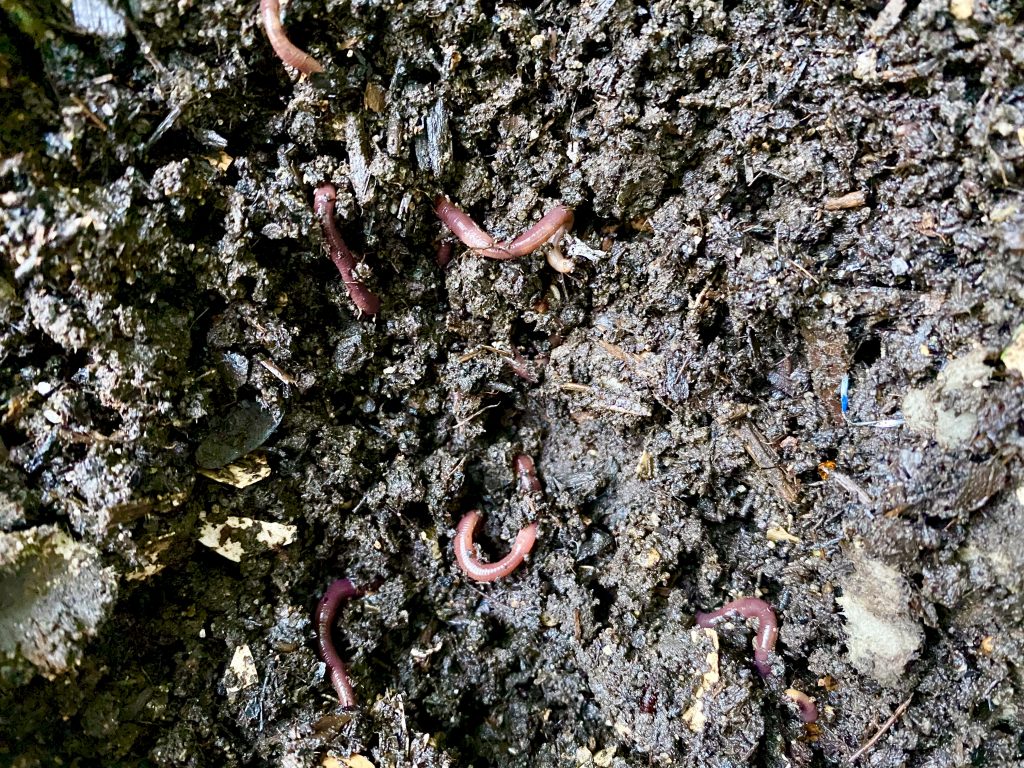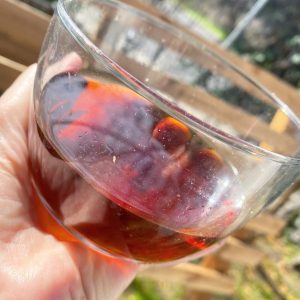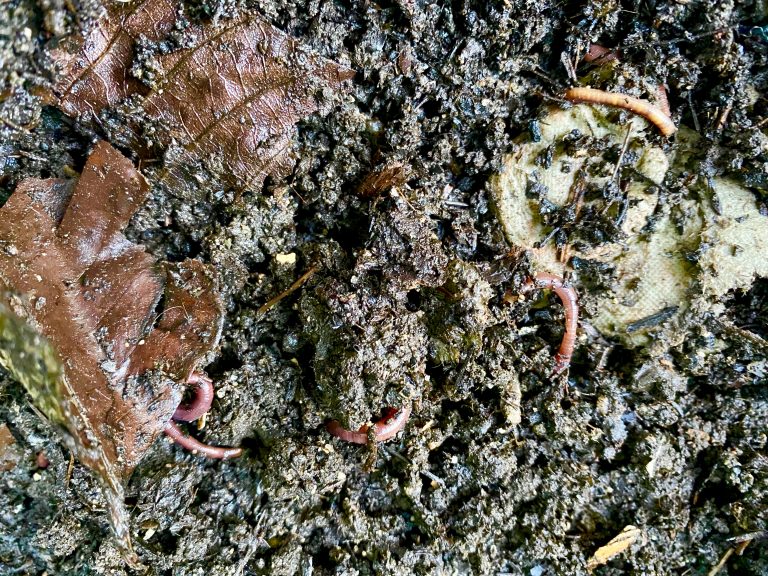
Why Vermiculture?
Can worms save the planet? Well, I’m just an amateur backyard scientist and worm farmer but my biased observations say, yes. At the very least the little wigglers have saved my kitchen and my yard. And my carbon footprint is fading fast. As of this year I am at nearly zero with the trash I take to the street every week. And my compost bin is overflowing with rich black worm deposits that I put back into my plants.
So, what’s the big deal about worms anyway? First off, vermiculture is a lifestyle that nearly anyone can adopt, no matter if you live in a small apartment or have a backyard. Second, farming worms will reduce your kitchen waste dramatically. And third, your potted plants, garden herbs and veggies will be nourished and healthy, enjoying a seriously reduced risk of disease and un-friendly microbes.
Is It Doable?
To begin with, worms are pretty cheap. (Mine were free. I gathered them along the hiking trail after a huge downpour several years ago.) When buying, order the very smallest amount available. Be patient and feed them well, I assure you, they will MULTIPLY.
You can make your own DIY worm farm for your little friends or use something like the Worm Factory farm I use. (Didn’t pay full price for this little condo either. I found a neighborhood post online from a person donating their used farm before they moved) The internet is full of ideas and options for housing and growing worms.
Contrary to popular belief, worms do not smell bad. In fact, the kitchen odor I used to have from my garbage disposal and kitchen trash can is completely eliminated. There is no smell besides the yummy aroma of good home-cooked food in my kitchen. Worms are not gross. (They can be kinda cute) They do not bite. And they are very cool hermaphrodites with zero hangups about that. They just do their thing, making the world a better place, one bite and poop at a time.
What I Do
Every week I siphon off between 2-4 cups of amber liquid from the bottom of the worm farm condo and use it to fertilize my herbs and potted plants. I scoop out spades full of rich black droppings from the lower levels of the farm to use all over my garden and yard. I also mix it in with potting soil when planting new starts. The deposits actually look and smell like high grade composting soil that you find at the local nursery, not poop or manure. There are many worms that go along with those scoops and back into the soil around my yard. The worms continue to grow and feed on the soil throughout the yard, aerating the soil and keeping it workable, healthy and nutrient-rich.
The Benefits
These powerhouse little eaters keep my kitchen clean and food waste to a minimum. I feed them egg shells, shredded egg cartons and paper, pancakes, waffles, bread and yeast discard, and most organic waste that is NOT citrus.
I no longer buy plastic bags and containers of fertilizer for my plants. The waste reduction is one of the coolest things about this little lifestyle tweek. I’m now 5 years into worm farming and befriended the lowly worm is still at the top of my happiness list.
If you do vermiculture/vermicomposting and have some good tips and tricks, I’d love to hear about it. Please share your adventures.

